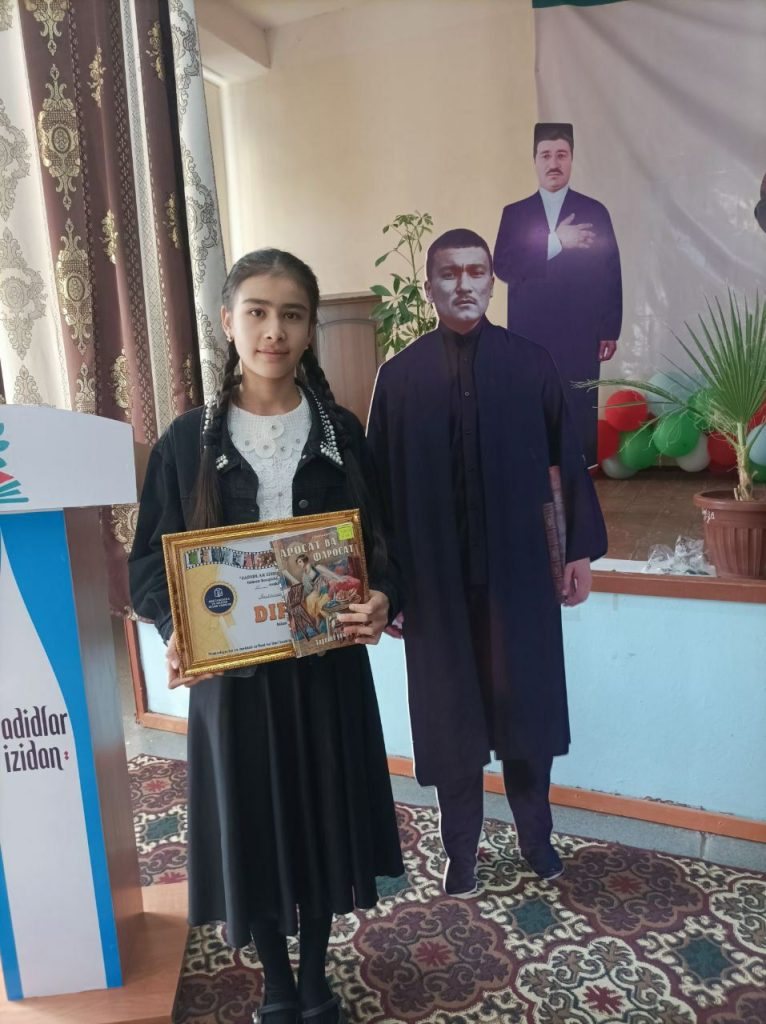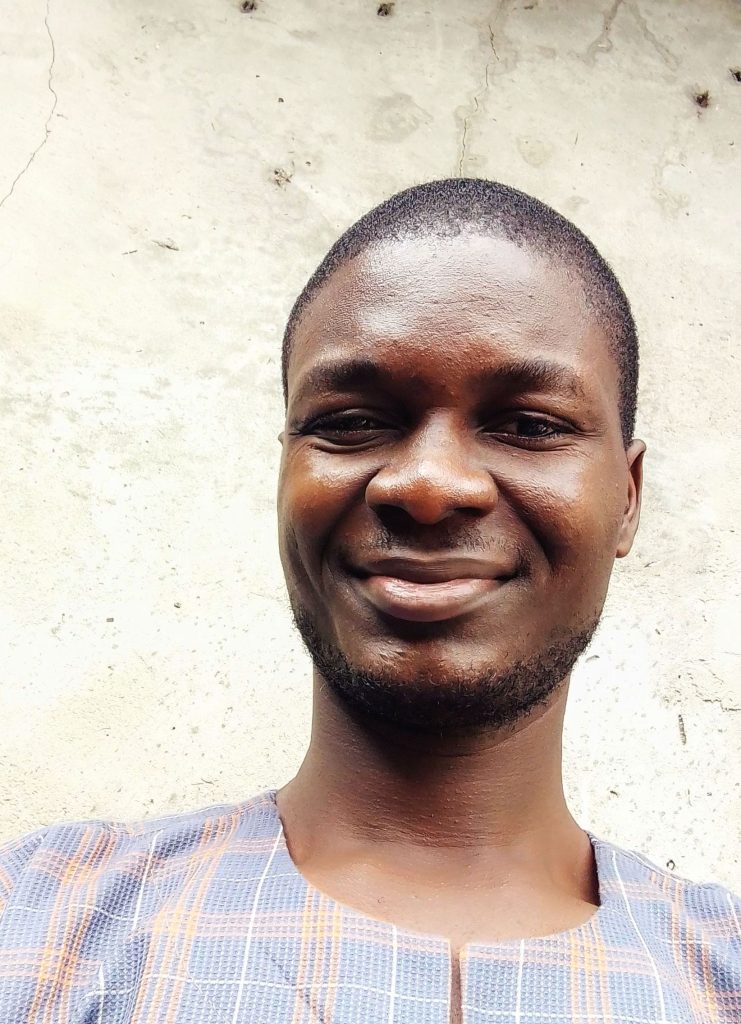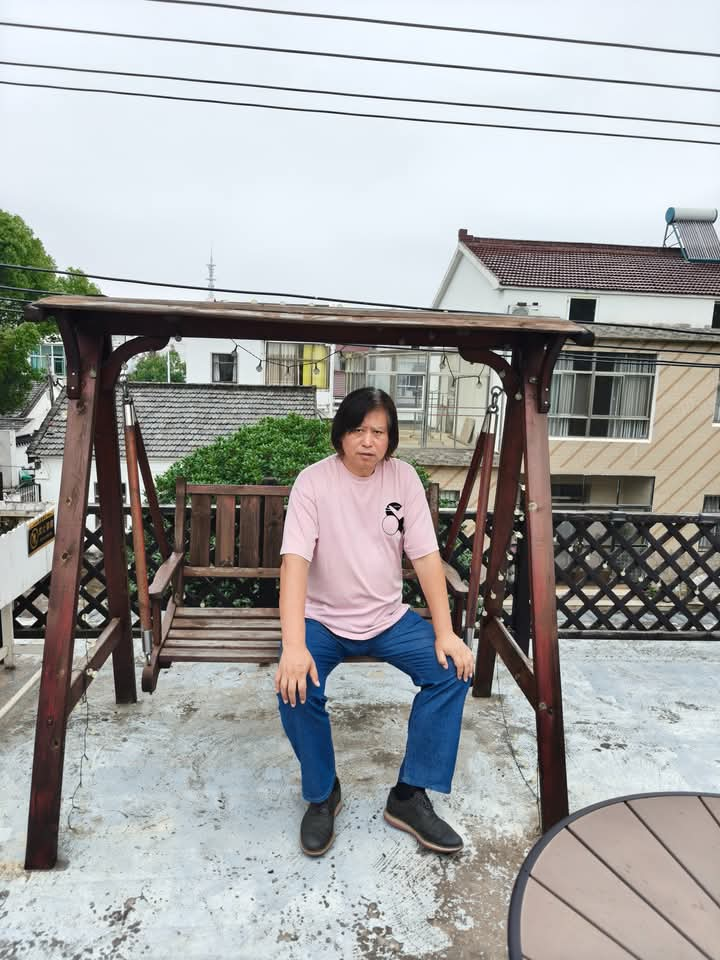Hyperglycemia: Pathophysiological Causes, Clinical Consequences, and Laboratory Diagnosis
Author: Davlatyorova Iqbol Alisher qizi
Institution: Tashkent Medical Academy, Urganch Branch – Advanced Training in Clinical Laboratory Diagnostics
Abstract
Hyperglycemia is a clinical and laboratory sign of many systemic metabolic disorders. This article aims to investigate the underlying causes, short- and long-term consequences, and the role of clinical laboratory diagnosis in the early detection and management of hyperglycemia. Key laboratory tests such as fasting glucose, OGTT, HbA1c, and their interpretation in different clinical settings are discussed.
1. Introduction
Glucose is the primary energy source for most cells in the human body. Its level in blood is tightly controlled by a complex hormonal system, mainly insulin. Hyperglycemia refers to an abnormally high concentration of glucose in the blood, typically above 7.0 mmol/L when fasting, and may signal the presence of diabetes mellitus or other endocrine or stress-related disorders.
2. Pathophysiological Mechanisms of Hyperglycemia
Hyperglycemia may result from different mechanisms: decreased insulin production, increased resistance to insulin at the cellular level, or excessive hepatic glucose output. Type 1 diabetes mellitus is caused by autoimmune destruction of pancreatic beta-cells, while type 2 is linked to peripheral insulin resistance. Temporary hyperglycemia can also occur during severe infections, trauma, myocardial infarction, or treatment with corticosteroids.
3. Clinical Manifestations and Complications
Early symptoms of hyperglycemia include polyuria, polydipsia, fatigue, blurred vision, and weight loss. Chronic untreated hyperglycemia leads to serious complications such as nephropathy, retinopathy, peripheral neuropathy, and cardiovascular disease. Acute decompensation may present as diabetic ketoacidosis (DKA) or hyperosmolar hyperglycemic state (HHS).
4. Laboratory Diagnosis of Hyperglycemia
Laboratory testing is the cornerstone of diagnosing hyperglycemia. Commonly used tests include:
– Fasting Plasma Glucose (FPG): ≥7.0 mmol/L indicates diabetes.
– Oral Glucose Tolerance Test (OGTT): 2-hour value ≥11.1 mmol/L confirms diagnosis.
– HbA1c: ≥6.5% supports chronic hyperglycemia diagnosis.
– Random Blood Glucose: ≥11.1 mmol/L in symptomatic patients.
5. Preanalytical and Analytical Considerations
Proper sample collection (venous plasma, fasting state), avoidance of glycolysis by timely processing, and accurate calibration of analyzers are essential for valid glucose results. Point-of-care testing (glucometers) is useful for self-monitoring, but should not replace lab-based tests for diagnosis.
6. Laboratory Role in Monitoring and Prevention
Laboratory follow-up is key in managing patients with diabetes. Periodic HbA1c testing, renal function tests (creatinine, urine albumin), and lipid profile help prevent complications. Mass screening programs in high-risk populations (obese, hypertensive, family history) are recommended.
7. Conclusion
Hyperglycemia is a complex metabolic condition that requires timely and accurate laboratory diagnosis. Understanding the laboratory parameters, their clinical interpretation, and integration into patient care pathways can significantly reduce the disease burden and improve health outcomes.




